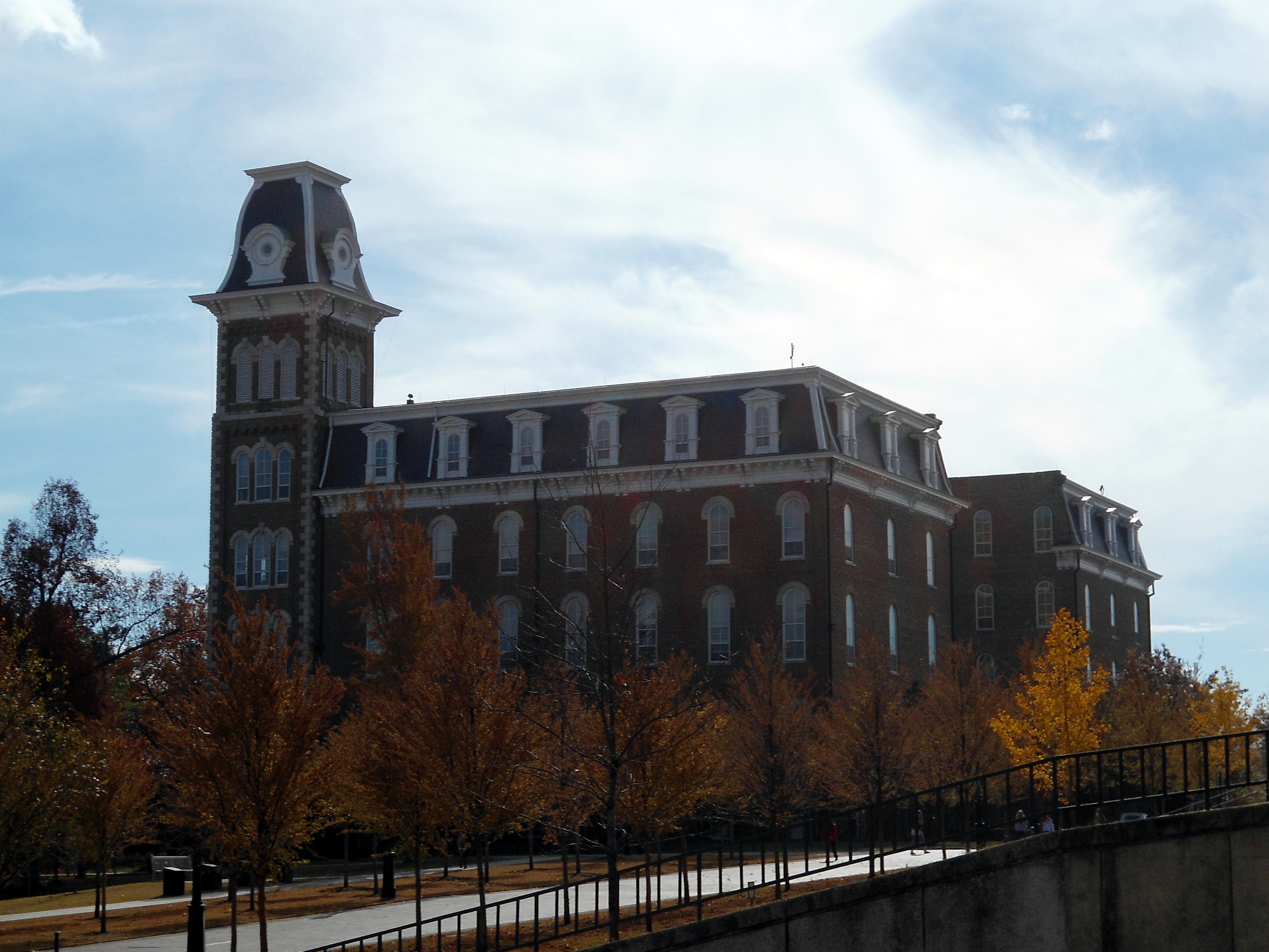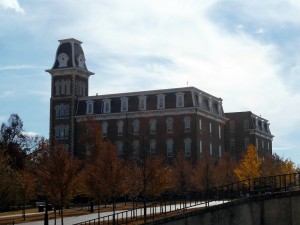 Earlier this year the Arkansas Legislature passed Act 137 preventing city or county governments in Arkansas from creating protected classes of citizens not found in state law.
Earlier this year the Arkansas Legislature passed Act 137 preventing city or county governments in Arkansas from creating protected classes of citizens not found in state law.
Despite Act 137, four cities along with Pulaski County have passed ordinances extending special protections on the basis of, among other things, sexual-orientation and gender-identity.
Today Attorney General Leslie Rutledge issued an opinion on the five local ordinances, saying,
“Act 137 renders unenforceable any ordinance that prohibits discrimination on a basis not already contained in state law. Because current state law does not prohibit discrimination on the basis of sexual orientation or gender identity, it is my opinion that Act 137 renders the five ordinances unenforceable in this respect. . . .
“This language indicates that the General Assembly intended Act 137 to ‘hold the field’ with respect to antidiscrimination law. The Act expressly prohibits localities from regulating in that field. More specifically, the Act effectively prohibits cities and counties from prohibiting discrimination in a way that varies from state law. . . . By removing the cities’ and counties’ ability to enact antidiscrimination laws at variance with state laws, Act 137 clearly holds the field and leaves no room for political subdivisions to act.”
With seventy-five counties and hundreds of cities and towns across the state, it makes sense that policies concerning civil rights and discrimination would be addressed at the state level rather than left up to each individual city council or quorum court.
The opinion comes as early voting begins in Fayetteville, where voters have been asked to weigh in on a so-called “nondiscrimination” ordinance. Even if passed, according to this opinion from the Attorney General, the ordinance would be unenforceable as it is currently written.
We have discussed before how these local ordinances carry a number of unintended consequences. Among other things, they threaten to infringe religious liberty, and some of them even inadvertently allow men to use women’s restrooms, locker rooms, showers, and similar facilities–and vice versa.
You can read the full A.G.’s opinion here.
READ MORE
 Lottery scholarship revenue dropped by nearly $300,000 in August as ticket sales fell, according to the latest monthly report from the Arkansas Lottery.
Lottery scholarship revenue dropped by nearly $300,000 in August as ticket sales fell, according to the latest monthly report from the Arkansas Lottery.


 On Tuesday voters in Fayetteville approved a so-called “nondiscrimination” ordinance that
On Tuesday voters in Fayetteville approved a so-called “nondiscrimination” ordinance that 
 Earlier this year the Arkansas Legislature passed Act 137 preventing city or county governments in Arkansas from creating protected classes of citizens not found in state law.
Earlier this year the Arkansas Legislature passed Act 137 preventing city or county governments in Arkansas from creating protected classes of citizens not found in state law.